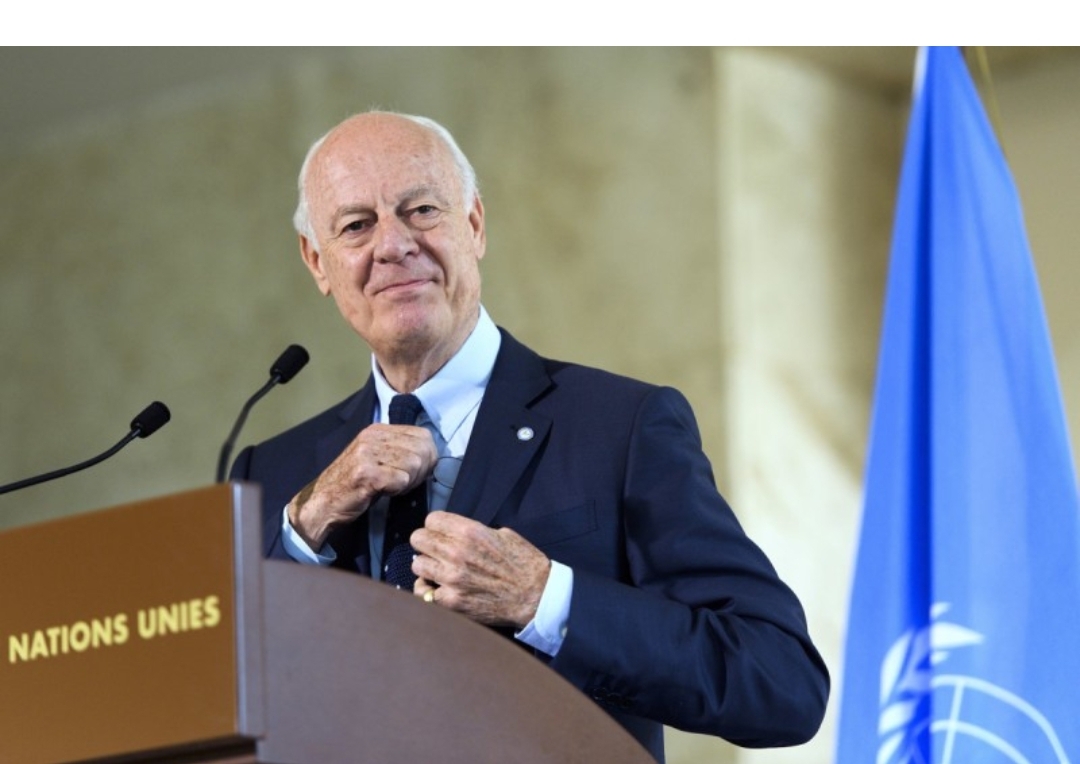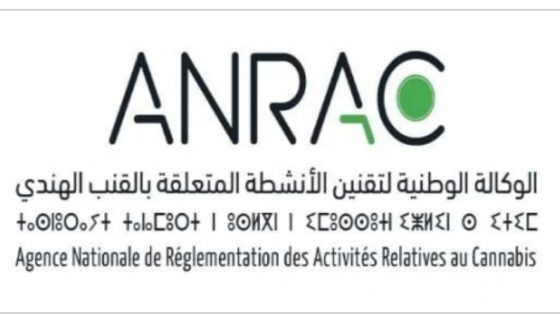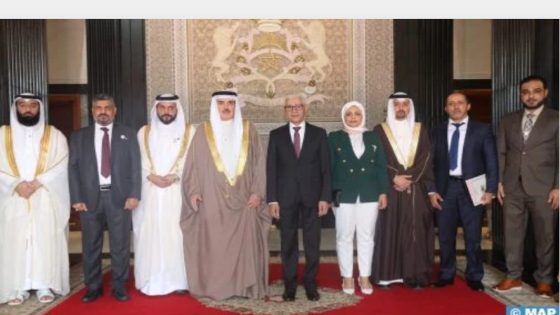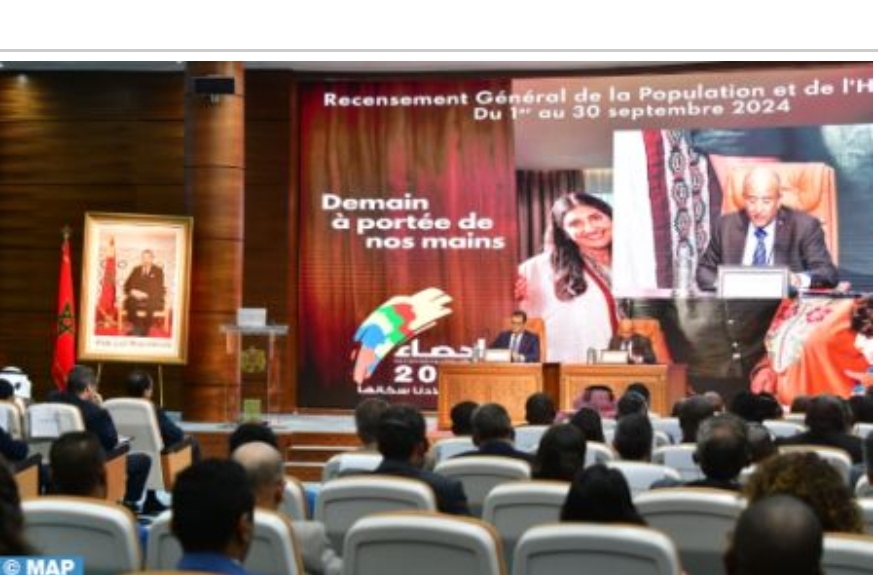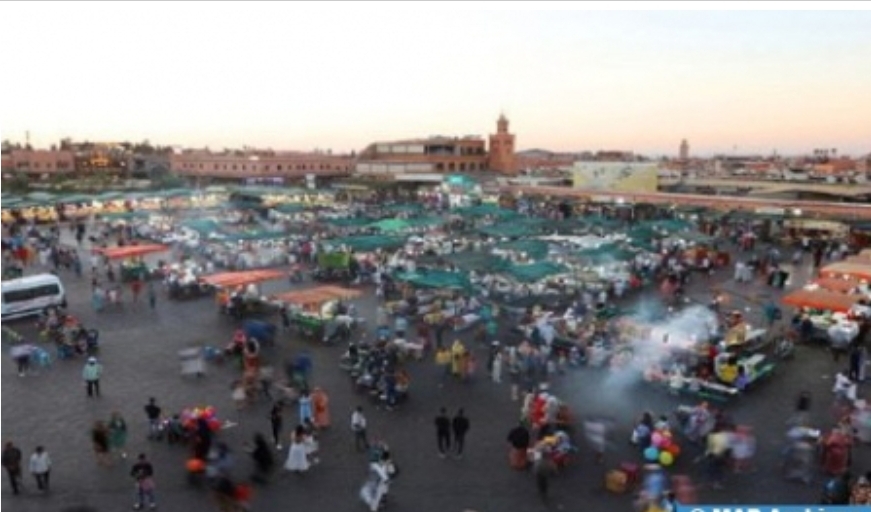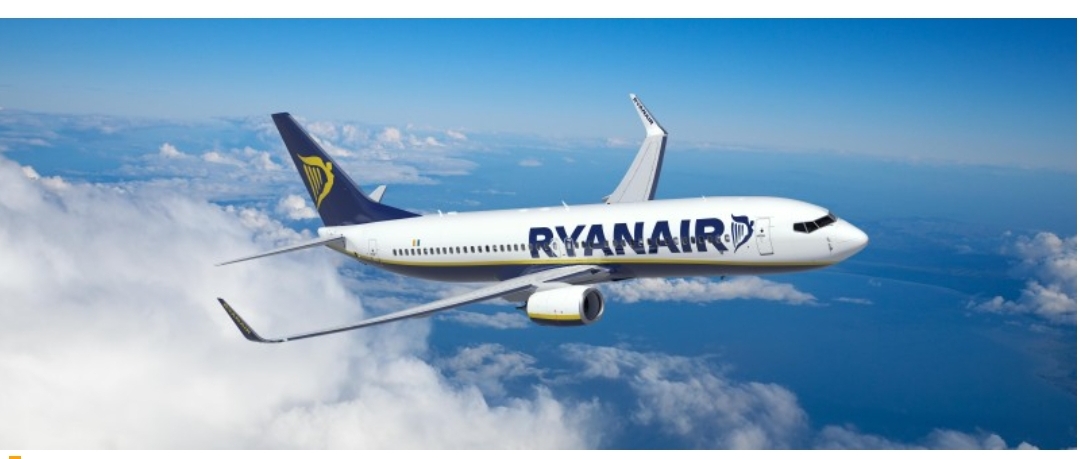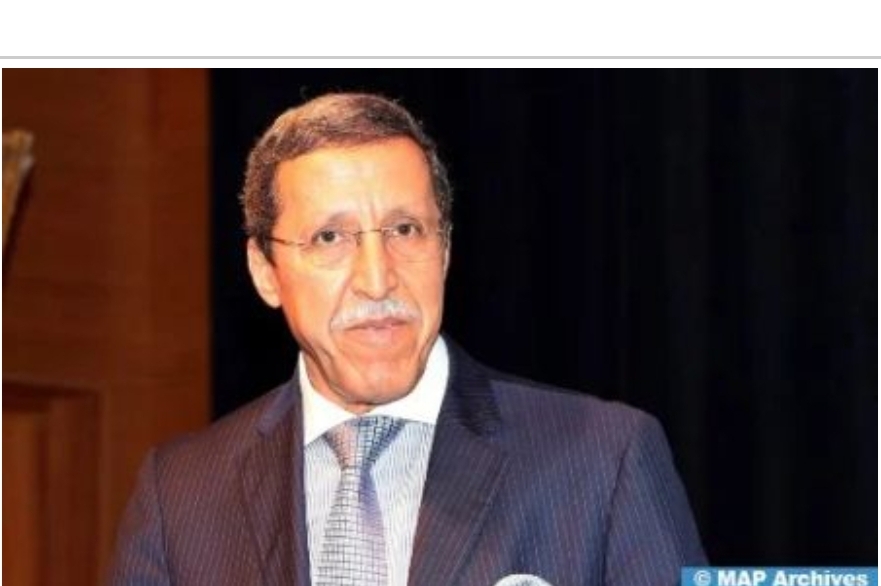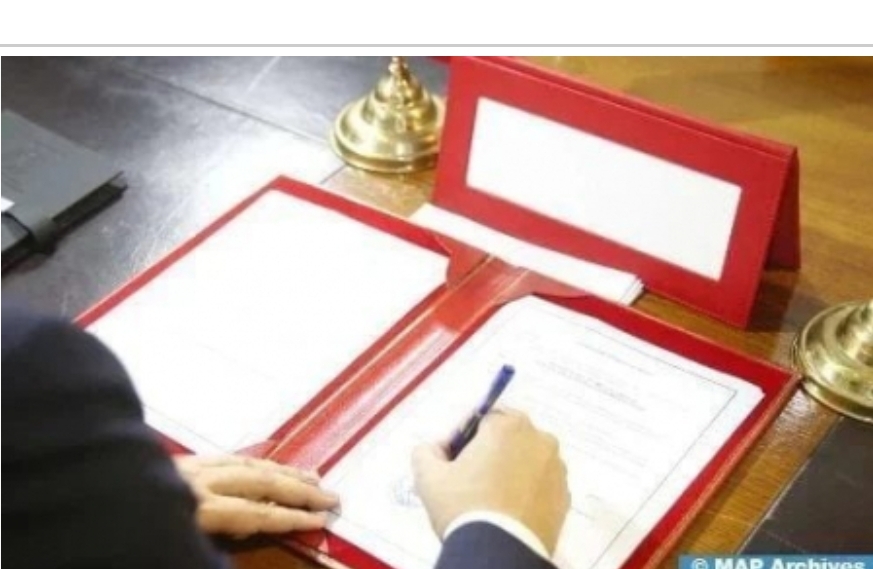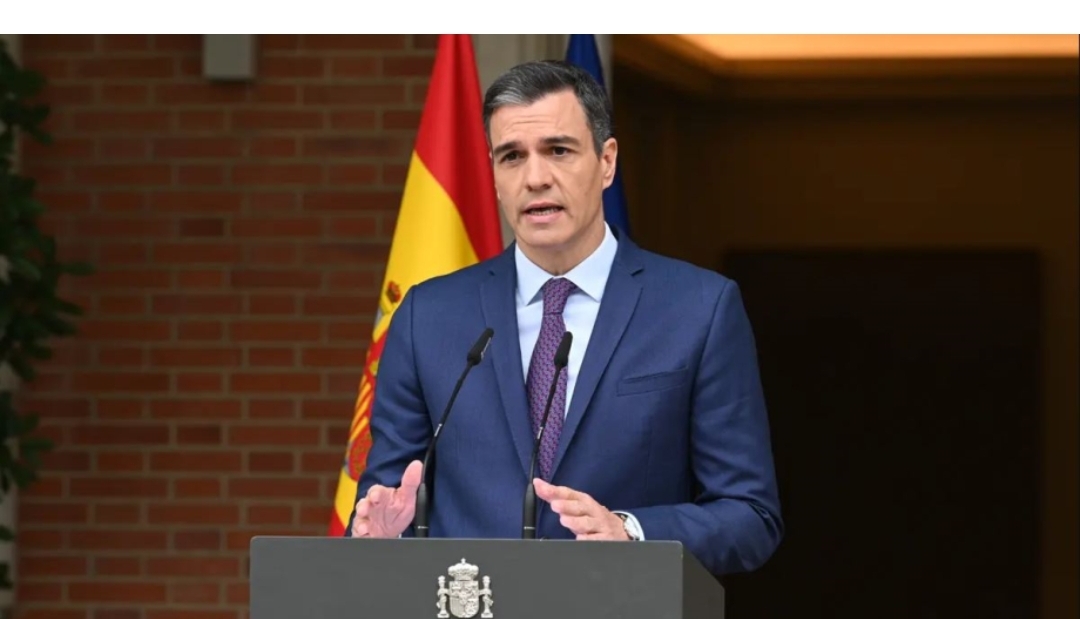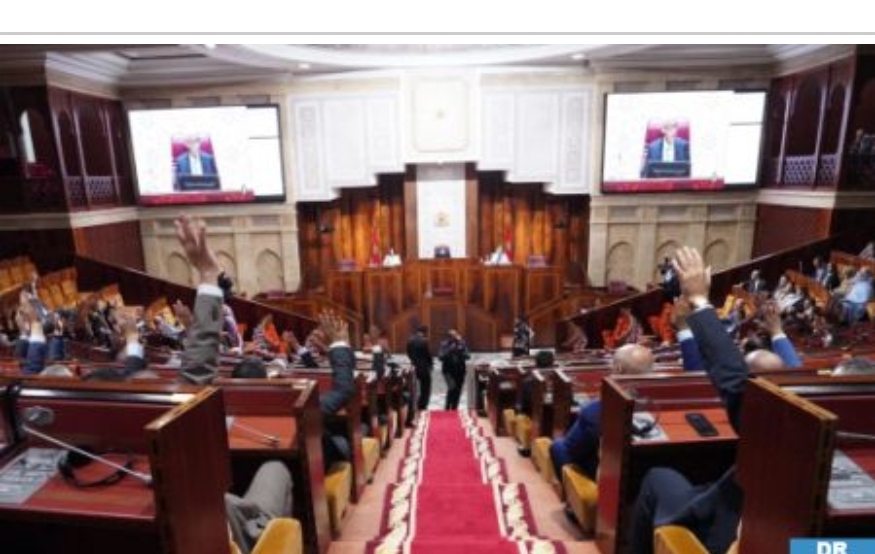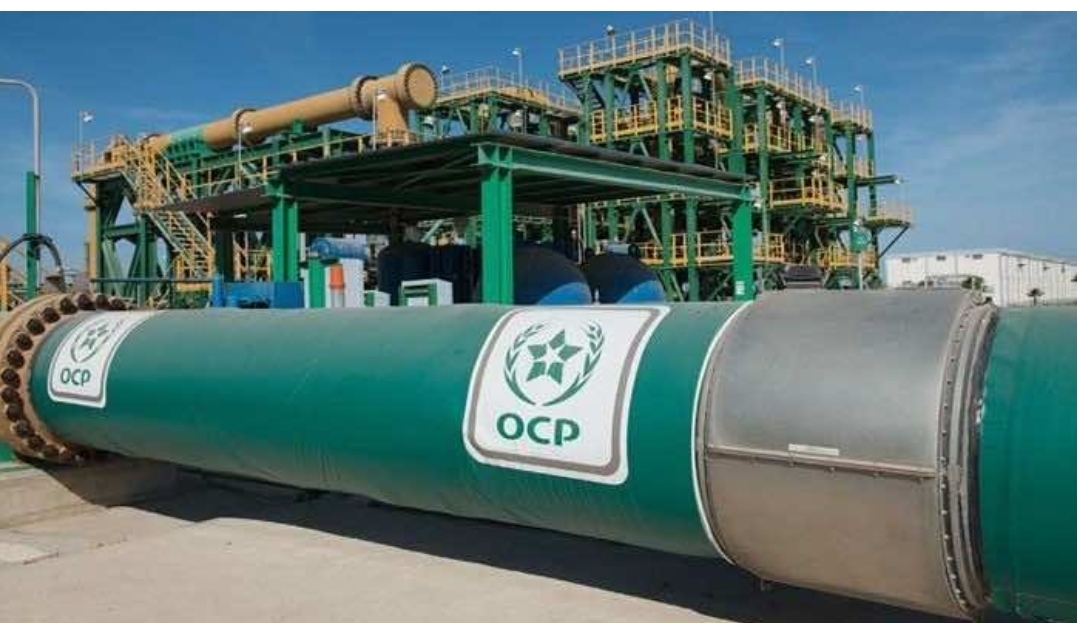Assahafa.com
The United Nations envoy for Western Sahara, Staffan de Mistura, has indicated his intention to step down from his role in six months, likely announcing the failure of his mediation efforts between Morocco and the Algerian-backed Polisario Front. This development comes as the dispute over the region approaches its 50th year.
De Mistura, an Italian diplomat, addressed the UN Security Council behind closed doors on Wednesday, outlining his recent work.
He is expected to return to New York in April when the Security Council reviews the dispute again.
At that time, he may propose not only his resignation but also potentially ending the 33-year-old UN mission in Western Sahara.
“If by April 2025 I have not reported significant progress and provided clarifications, I fear questions should be asked about the future modalities of UN facilitation of the political process in Western Sahara,” de Mistura stated, according to leaked text of his intervention, as reported by the Spanish newspaper El Confidencial.
The UN envoy revealed that he had been exploring two potential solutions. One option involved a partition of the territory, as proposed over 20 years ago by former envoy James Baker.
This plan would create “an independent state” in the southern third of the territory, while “the rest would be integrated into Morocco,” De Mistura explained, noting that this option “combines both claims, that of independence and that of the autonomy plan.”
The other option explored was Morocco’s Autonomy Plan, which de Mistura acknowledged is gaining ground among some international actors.
However, he emphasized the need for Morocco to provide more details about its 2007 proposal, which has remained unchanged since its initial presentation.
“With full respect, but firmly, I reiterated [to Moroccan Foreign Minister Nasser Bourita] that the time has come for Morocco to explain its 2007 autonomy proposal,” de Mistura told the Security Council.
He added that it is the right of the Security Council and countries supporting the initiative to know exactly what is being offered.
De Mistura’s comments suggest that major supporters of Morocco’s Autonomy Plan, such as Spain and France, may not fully understand its contents.
This implies that their support might be more politically motivated than based on the plan’s specifics.
The UN envoy also highlighted successful examples of autonomy, citing Scotland, Greenland, and South Tyrol (Alto Adige).
However, he argued that the autonomy enjoyed by South Tyrol is significantly broader than what Morocco has offered for Western Sahara.
Morocco has consistently rejected any solution outside its autonomy initiative framework, which has gained significant international support in recent years.
The North African country maintains that the Autonomy Plan is the sole basis for reaching a final solution to the dispute within the framework of Moroccan sovereignty.
As the dispute approaches its 50th anniversary, de Mistura warned that if no progress is made in the next six months, it would be legitimate to question the continued involvement of the United Nations in the process.
The UN mission in Western Sahara (MINURSO), established in 1991 to organize a self-determination referendum, has been reduced to merely observing the ceasefire after Morocco raised objections to the referendum.
As international support for Morocco’s position grows, the path to a resolution remains uncertain, with de Mistura’s tenure as UN envoy likely coming to an end without achieving a breakthrough in the long-standing dispute.
Source: Morocco word news
